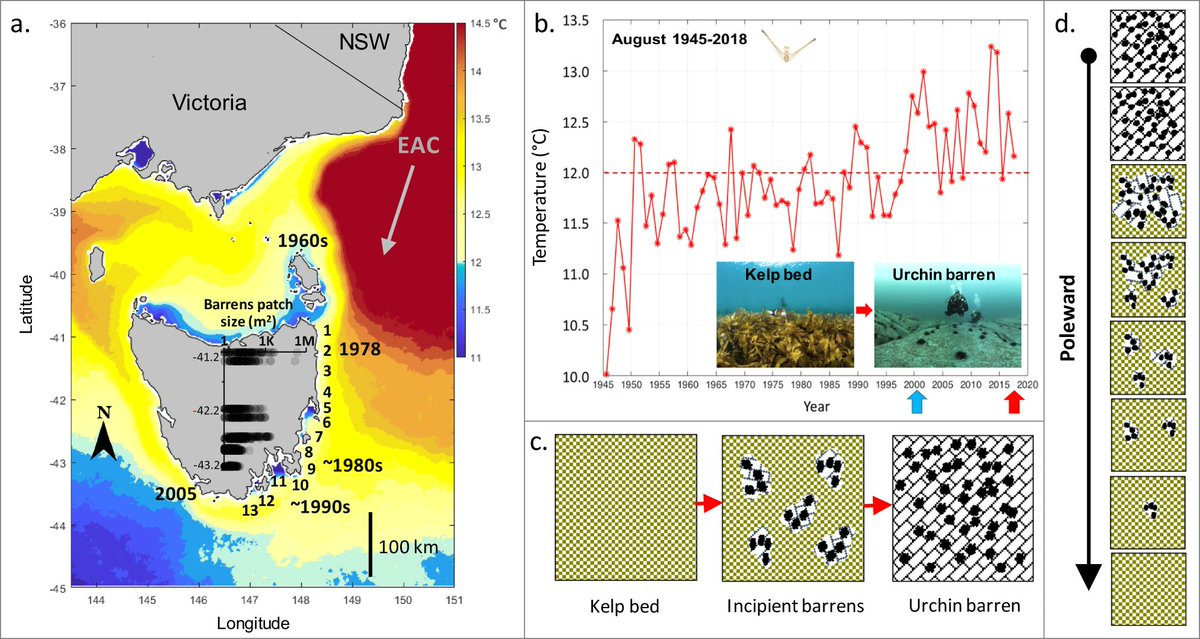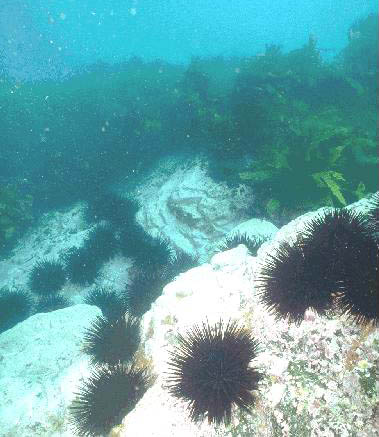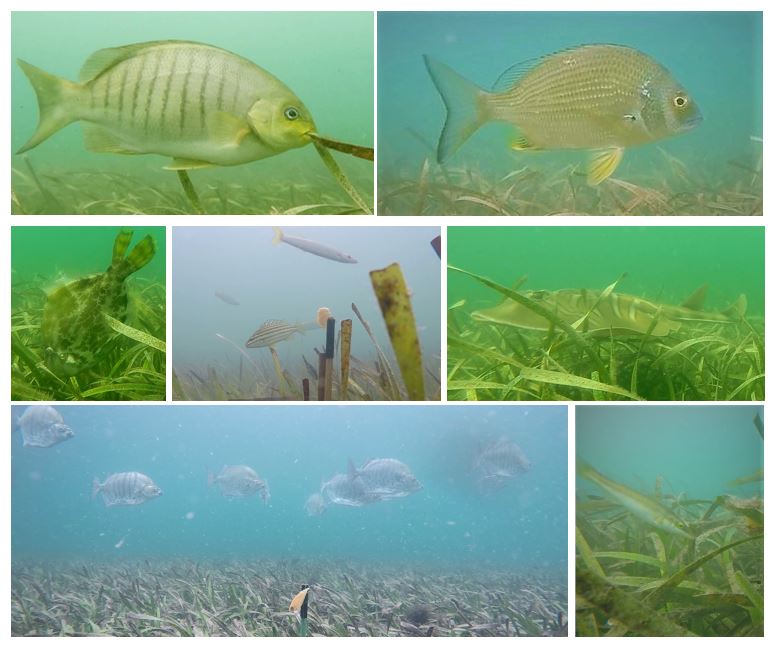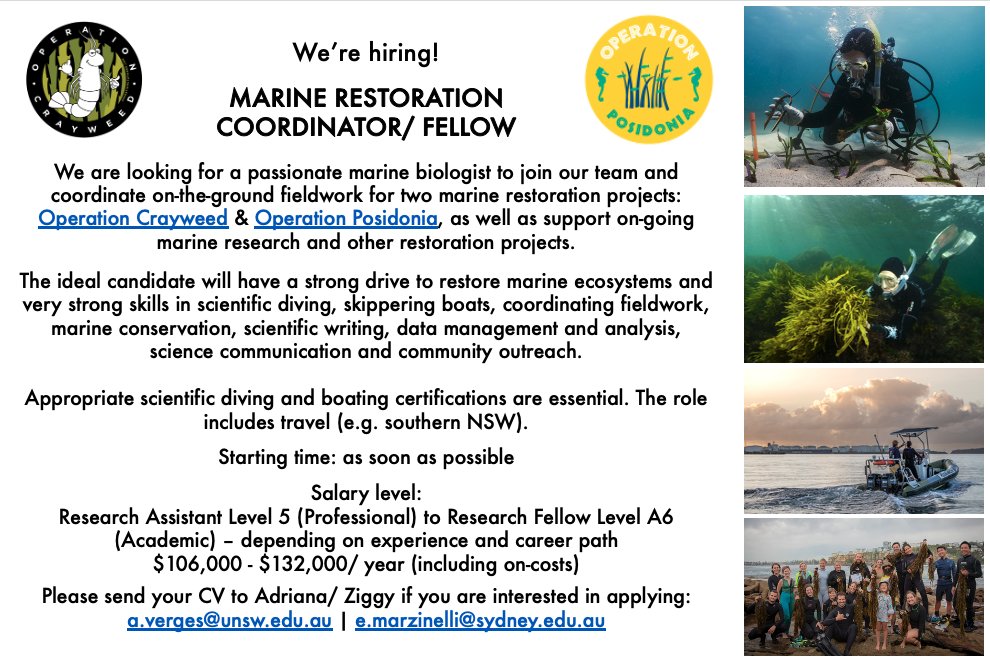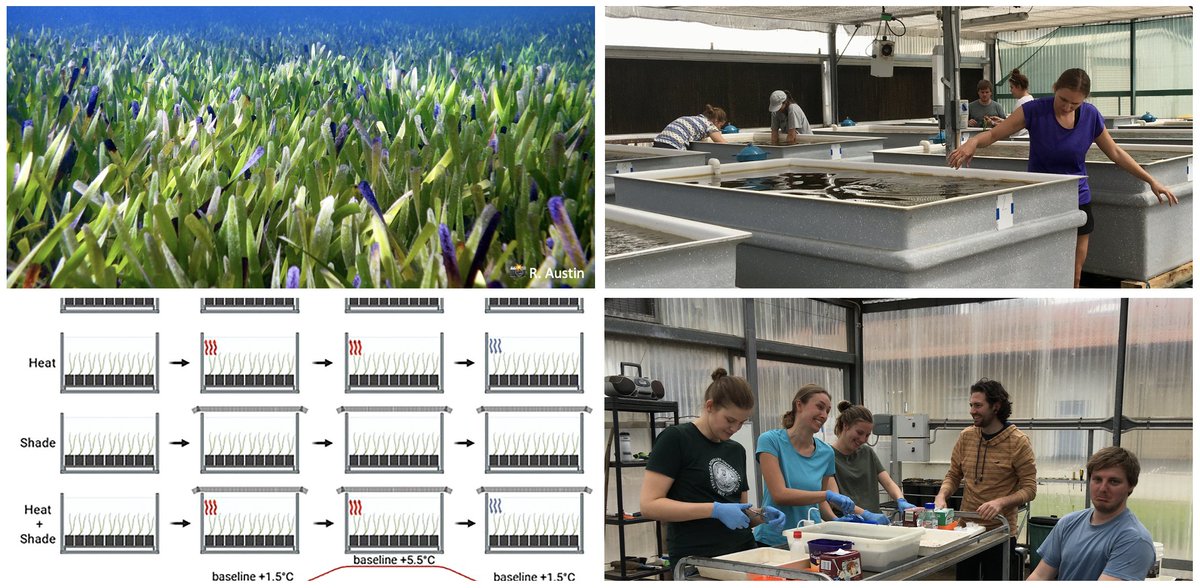
Daniel Swadling
@danswads
Marine ecologist interested in seagrass, seascape ecology, fish movements and human impacts on marine environments. Views are my own.
ID: 1205247779422892032
12-12-2019 22:07:25
88 Tweet
203 Takipçi
488 Takip Edilen
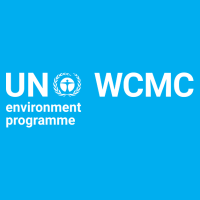
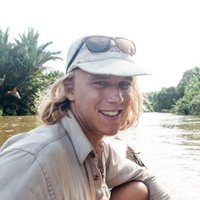

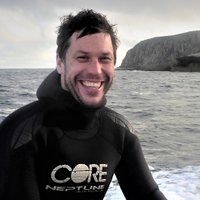


Estuaries, temperature and Vibrionaceae dominating fish gut microbiomes. New paper now available lead by our PhD student Dr. Alessandra Suzzi. authors.elsevier.com/c/1gKm73Ao5-ua…

New publication! Check out how combining acoustic and archival technologies can contribute to movement ecology research! Marine Biology UGent Flanders Marine Institute - VLIZ Ifremer 🌊 Marine Institute, Memorial University @INBOVlaanderen ILVO European Tracking Network
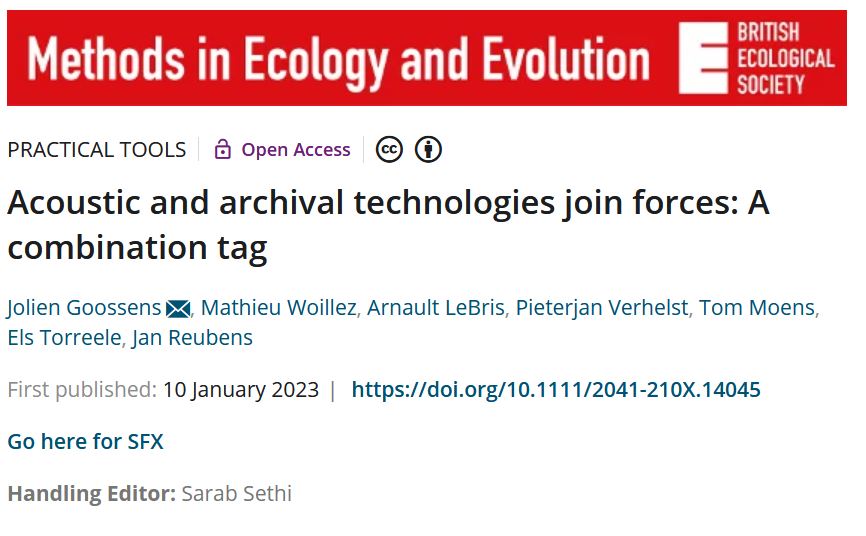
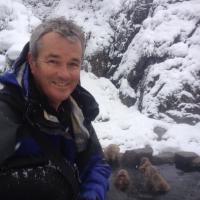
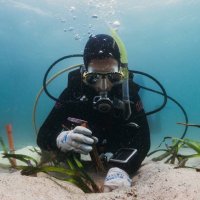

The structure and complexity of coastal habitats affects fish. But how can we use this to optimise management and restoration targets? Check out our new paper in Estuarine Coastal and Shelf Science led by Hannah Perry and funded by Healthy Land & Water sciencedirect.com/science/articl…
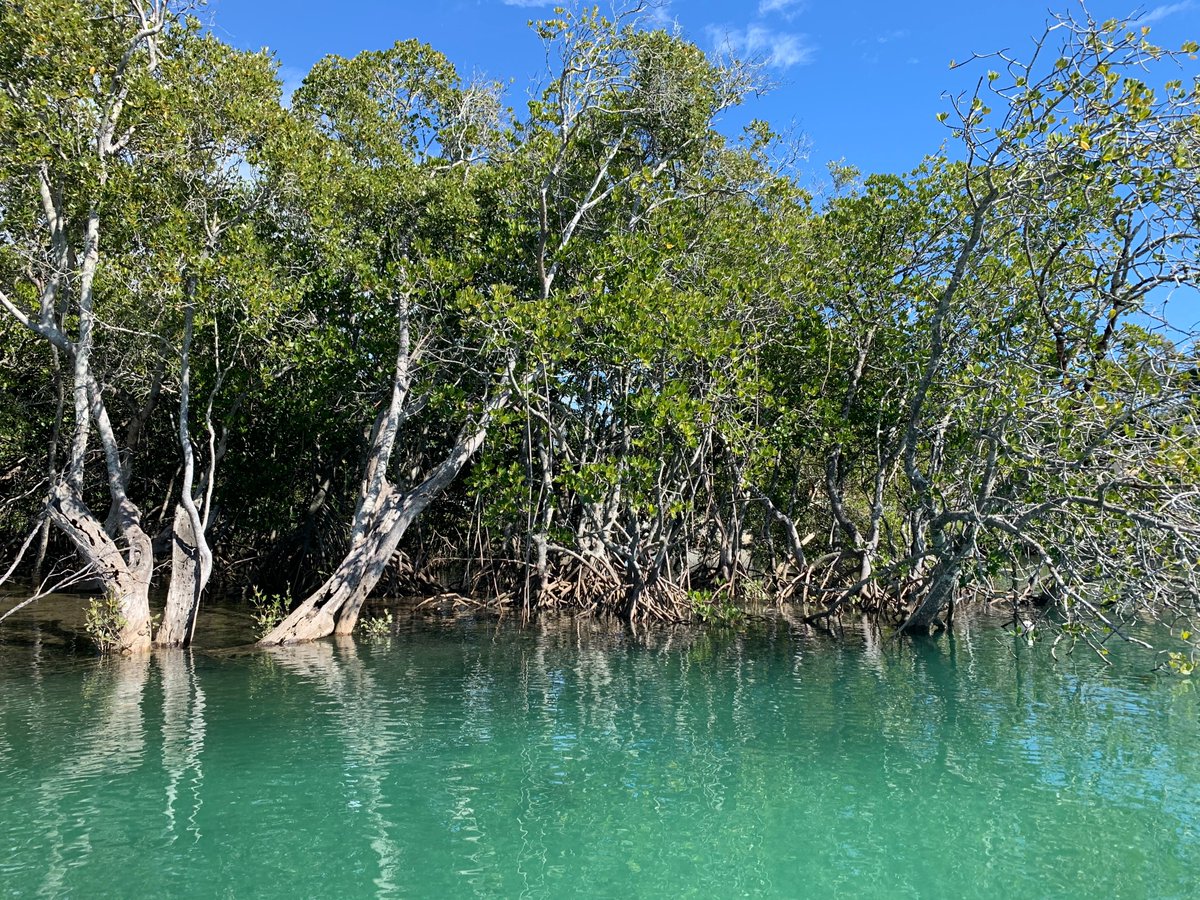

🚨NEW PAPER🚨 We tracked smooth stingrays around a boat ramp in SE NSW where they scavenge fish waste & found their movements were strongly linked to these discard practices by recreational anglers Culum Brown 🇺🇦 Nathan Knott MQ Marine The Fish Lab MQ @nswdpi 👇👇 publish.csiro.au/MF/MF22146
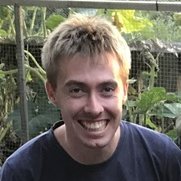
New paper! Using a towed plankton counter we looked at particle size structure across continental shelves (AUS case study) and find globally consistent patterns(!) of smaller particles, higher biomass and more productive communities inshore! UNSW Science doi.org/10.1029/2022JC…
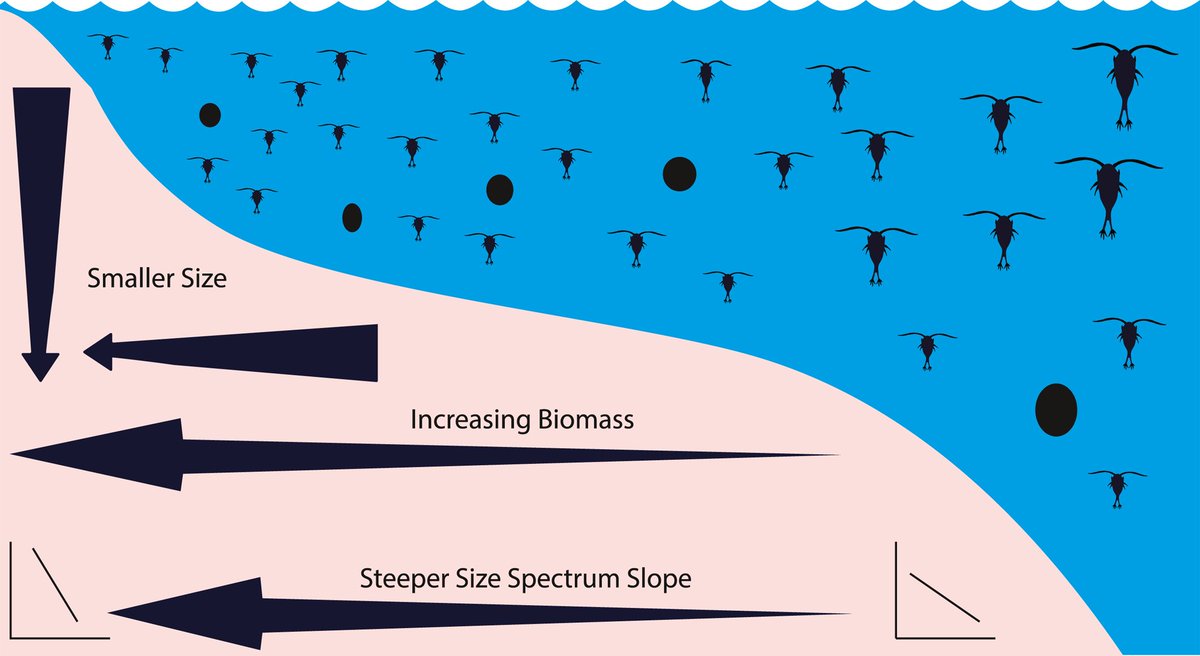
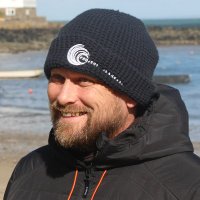
It’s #WorldSeagrassDay!🌊🌱 Here's a small reminder from Project Seagrass of why seagrass is so amazing



Ckeck out our paper led by Dr Michael Espriella The Marine Geomatics Lab @UQAC demonstrating the potential for drone-based laser surveys and surface metrics for mapping and measuring intertidal oyster reef complexity and condition Oxford Seascape Ecology Lab open access tinyurl.com/5n7282d6


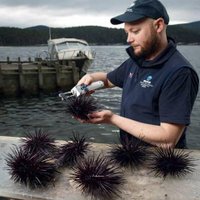
Climate-driven invasion and incipient warnings of kelp ecosystem collapse. Our Nature Communications paper highlights the critical need for early detection of range-shifting keystone species capable of transforming and collapsing ecosystems. nature.com/articles/s4146… Scott Ling
